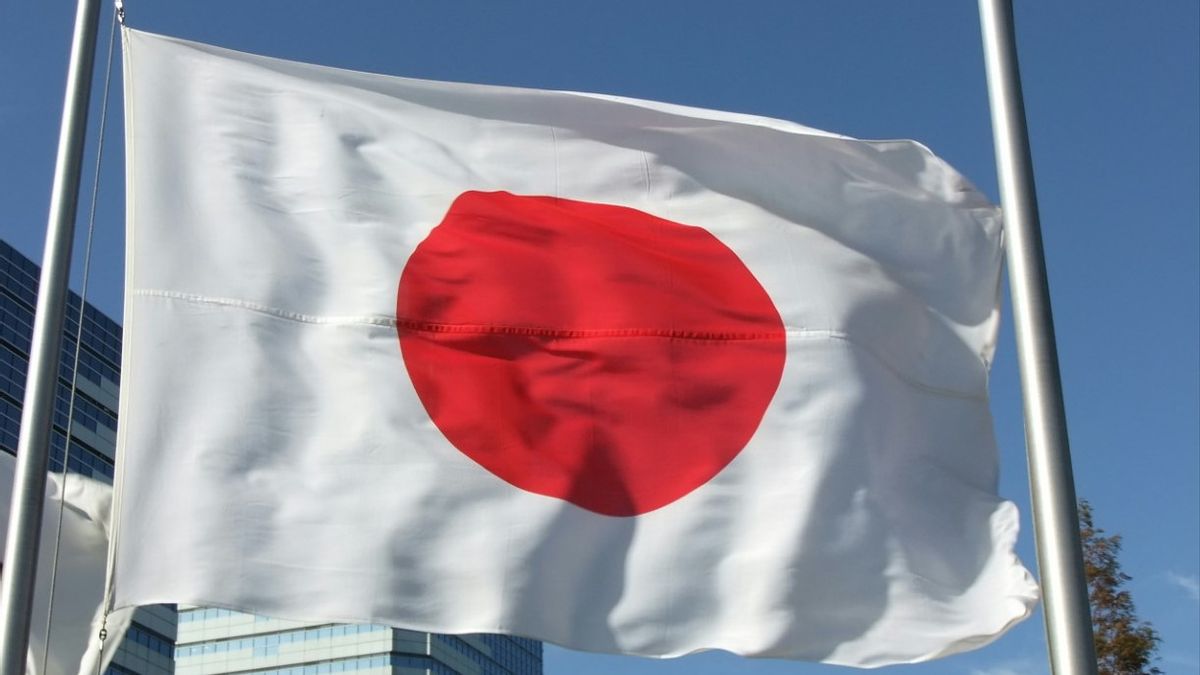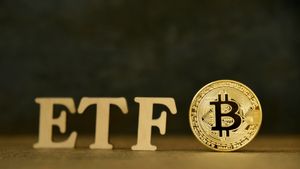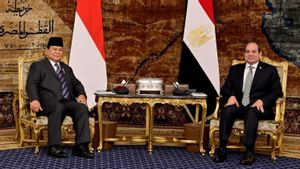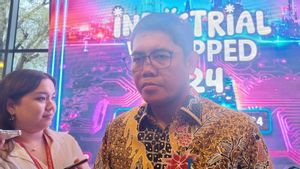JAKARTA - Five months after Prime Minister Fumio Kishida announced plans to expand investment in the metaverse and non-fungible tokens (NFT), ten Japanese companies have joined forces to form a metaverse economic zone.
Forkast News reported on February 27, major companies such as Mitsubishi and Fujitsu were among the ten companies that signed the agreement. The new economic zone will be named "Ryugukoku" and will build an open metaverse infrastructure, which will support services such as payment, identity authentication, and insurance.
Japanese Prime Minister Fumio Kishida has emphasized the development of Web3 as a pillar of Japan's economic revitalization since he held office in 2021. Since then, the Japanese government has sought to increase Web3 adoption and security. In October 2022, the Japanese government improved its Know-Your-Customer (KYC) rules for crypto exchanges and expanded the money laundering penalty for all financial institutions.
In addition, in December 2022, Japan lifted a stablecoin ban published abroad and will launch a central bank digital currency pilot program (CBDC) in 2023.
Japan's largest lobby group has been pressuring lawmakers to lower tax rates for crypto companies since early 2022. The lobby group argues that tax rates are currently preventing crypto startups from appearing in the region, which significantly halts Web3 adoption.
The presence of the metaverse economic zone in Japan is expected to increase the country's economic competitiveness. Like blockchain technology, the metaverse is also considered a potentially large technology in producing a new economy. Many companies, both large and small, are considering investing in the metaverse and NFT because they see huge market potential.
The Japanese government has shown its commitment to supporting new technological innovations by launching a metaverse economic zone. This is intended to increase Japan's competitiveness with other countries that have already focused on developing the metaverse, including its neighbor, South Korea.
In addition, the new metaverse economic zone in Japan can also be a model for other countries interested in developing their own metaverse economy.
However, it should be noted that metaverse technology also requires special attention to user security and privacy, so the governments and companies involved must ensure the safety of their metaverse infrastructure first.
The English, Chinese, Japanese, Arabic, and French versions are automatically generated by the AI. So there may still be inaccuracies in translating, please always see Indonesian as our main language. (system supported by DigitalSiber.id)













